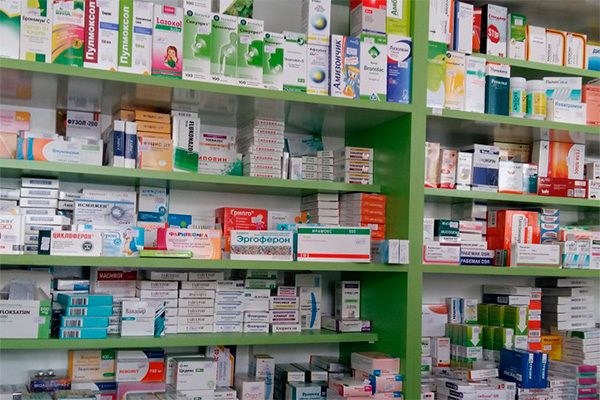
Foreign Drugs Without Compliance Certificates Found in Uzbek Pharmacies
Foreign Drugs Without Compliance Certificates Found in Uzbek Pharmacies
Tashkent, Uzbekistan (UzDaily.com) — Several pharmacies in Uzbekistan were found to be selling foreign pharmaceutical products lacking compliance certificates and not registered in the State Registry, the Committee for Competition Development reported.
Control purchases, conducted jointly with the Center for Pharmaceutical Product Safety, revealed that the quality of certain drugs could not be guaranteed.
In Namangan region, the pharmacy of LLC “NAVBAHOR” was found to be selling Forsiga 10 mg №28, batch SL620, with an expiration date of June 2026.
In Andijan region, Brilinta 90 mg №56, batch VHSH, was identified in the pharmacy of LLC “OYATULLO 88” (expiration August 2026); Forsiga 10 mg №28, batch SM997, in “BARAKA FARM GRANT” (expiration October 2026); and Pulmicort 0.25 mg, batch SEYC, in “INOMJON XOJI FARM.”
In Tashkent, Forsiga 10 mg №28, batches SL485 and SL183, as well as Brilinta 90 mg №56, batches VKKG and VKFX, were discovered in various city pharmacies without certificates.
All findings have been forwarded to the Center for Pharmaceutical Product Safety and the Department for Combating Economic Crimes for appropriate action, including the removal of potentially unsafe drugs from circulation.
Comment from AstraZeneca:
Despite stable and uninterrupted supplies of AstraZeneca medicines to Uzbekistan, cases of illegal importation and circulation of the company’s products continue to be detected in the market. These medicines enter the country without the consent of the rights holder, bypassing customs procedures and proper certification, often violating storage and transportation requirements, including cold chain regulations. This poses a direct risk to patients.
AstraZeneca takes all possible measures to minimize such occurrences and maintains an ongoing dialogue with regulators and industry partners to address the issue. In spring of this year, the company sent official communications to the Ministry of Health, the Ministry of Internal Affairs, the Committee for the Development of Competition and Consumer Protection, as well as customs and tax authorities, requesting actions against smuggled and counterfeit medicines. Today, we see that monitoring purchases and laboratory testing are being conducted, enabling rapid detection of illegal sales.
However, the gray market remains a significant challenge for Uzbekistan’s pharmaceutical sector: it primarily endangers patient health while simultaneously undermining the investment attractiveness for responsible manufacturers. Addressing the problem requires further regulatory improvements, particularly strengthening liability for the import and distribution of illegal products.